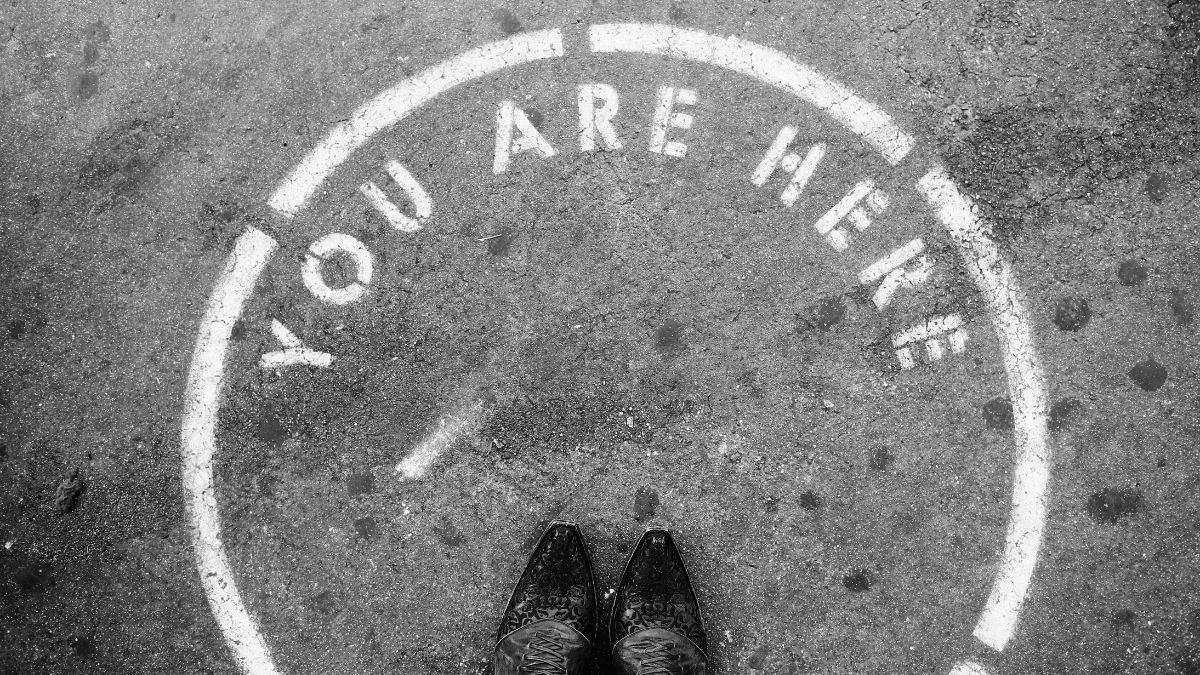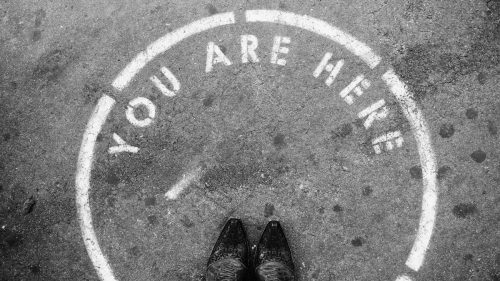
BreakPoint
BreakPoint: Who Needs God When You’ve Got Government?
 We need a surgeon general’s warning: “This government program may be hazardous to your spiritual health.”
Jesus said we’re to render unto Caesar what is Caesar’s, and unto God what is God’s, so it’s clear we have responsibilities both to God and to government. You could fill whole libraries with the volumes that have been written on this rich and vital topic. But what do we do when Caesar attempts to usurp the place of Christ in our hearts?
Sometimes, as when Nebuchadnezzar commanded the people of God to bow down to his golden image, the answer is simple—you obey the Lord and leave the consequences to Him. But sometimes the challenge from those who rule over us is far more subtle. Instead of facing a fiery furnace, we may encounter a temptation that, at its heart, says, “In government we trust.”
That seems to be the conclusion of two psychology researchers who say that better government services are correlated with lower levels of strong religious belief, both in the U.S. and internationally. Their study’s title says it all: “Religion as an Exchange System: The Interchangeability of God and Government in a Provider Role.”
“If a secular entity provides what people need, they will be less likely to seek help from God or other supernatural entities,” the researchers say. “If the benefits acquired in the religious exchange can be acquired elsewhere, religion becomes less useful.” They add that, when it comes to social stability, “the power and order emanating from God can be outsourced to the government.”
Now to my mind that’s a fairly cynical take, as if the only reason people turn to God is for what they can get out of Him. But I know it has an element of truth. God in His sovereign mercy sometimes uses our physical and emotional needs to awaken in us our desperate spiritual need for Him.
But if all our felt needs are met by government, what room will God find in our hearts for Him? I’m not here to argue against effective and targeted government programs, which are good things, and I’m certainly not saying that the church ought to keep the poor in misery. But what I am saying is that the church needs to continue to be the church. God has designed the world so that people are best served, and He is most glorified, when government keeps its place and His people do His work in His way.
My colleague John Stonestreet reminds us of the Catholic social teaching of subsidiarity, which holds that “functions of government, business, and other secular activities should be as local as possible.” The more local we can be, the more loving and effective we can be. The government can start a program, but it cannot love.
Then there is the Reformational concept of “sphere sovereignty,” which Chuck Colson summarized as “society giv[ing] equal respect to all the social structures ordained by God. Family, church, school, business—each has its own distinctive task that no other group can do. The role of the state is to protect these little platoons so they can carry out their God-given tasks.”
That’s often not what happens, as government takes over more and more areas that belong to others—including God. As John says, “In the absence of rivals or challenges to its authority, the reach of the modern state will not and cannot be checked. It will expand to fill the void left by the absence of intermediate institutions like the family, local communities, and the Church.”
So the challenge to God’s people to this encroachment by Caesar couldn’t be clearer. We must strengthen our families, the churches, and our communities. We must stop sitting around waiting for “the government” to “do something.” We need to do something—support a pregnancy care center, feed the hungry, visit the sick, teach the ignorant, befriend the lonely—and proclaim the Good News of Jesus Christ with our lips and in our lives.
Who Needs God When You Got Government? Umm . . . We Do
As Eric has urged, let's demonstrate a Christ-like life through service and involvement in our communities, our neighborhoods, and our businesses in such a way that government will respect and protect, not appropriate, the "little platoons" of our society. When we have strong families, communities, and churches, the nation reaps the benefits.
We need a surgeon general’s warning: “This government program may be hazardous to your spiritual health.”
Jesus said we’re to render unto Caesar what is Caesar’s, and unto God what is God’s, so it’s clear we have responsibilities both to God and to government. You could fill whole libraries with the volumes that have been written on this rich and vital topic. But what do we do when Caesar attempts to usurp the place of Christ in our hearts?
Sometimes, as when Nebuchadnezzar commanded the people of God to bow down to his golden image, the answer is simple—you obey the Lord and leave the consequences to Him. But sometimes the challenge from those who rule over us is far more subtle. Instead of facing a fiery furnace, we may encounter a temptation that, at its heart, says, “In government we trust.”
That seems to be the conclusion of two psychology researchers who say that better government services are correlated with lower levels of strong religious belief, both in the U.S. and internationally. Their study’s title says it all: “Religion as an Exchange System: The Interchangeability of God and Government in a Provider Role.”
“If a secular entity provides what people need, they will be less likely to seek help from God or other supernatural entities,” the researchers say. “If the benefits acquired in the religious exchange can be acquired elsewhere, religion becomes less useful.” They add that, when it comes to social stability, “the power and order emanating from God can be outsourced to the government.”
Now to my mind that’s a fairly cynical take, as if the only reason people turn to God is for what they can get out of Him. But I know it has an element of truth. God in His sovereign mercy sometimes uses our physical and emotional needs to awaken in us our desperate spiritual need for Him.
But if all our felt needs are met by government, what room will God find in our hearts for Him? I’m not here to argue against effective and targeted government programs, which are good things, and I’m certainly not saying that the church ought to keep the poor in misery. But what I am saying is that the church needs to continue to be the church. God has designed the world so that people are best served, and He is most glorified, when government keeps its place and His people do His work in His way.
My colleague John Stonestreet reminds us of the Catholic social teaching of subsidiarity, which holds that “functions of government, business, and other secular activities should be as local as possible.” The more local we can be, the more loving and effective we can be. The government can start a program, but it cannot love.
Then there is the Reformational concept of “sphere sovereignty,” which Chuck Colson summarized as “society giv[ing] equal respect to all the social structures ordained by God. Family, church, school, business—each has its own distinctive task that no other group can do. The role of the state is to protect these little platoons so they can carry out their God-given tasks.”
That’s often not what happens, as government takes over more and more areas that belong to others—including God. As John says, “In the absence of rivals or challenges to its authority, the reach of the modern state will not and cannot be checked. It will expand to fill the void left by the absence of intermediate institutions like the family, local communities, and the Church.”
So the challenge to God’s people to this encroachment by Caesar couldn’t be clearer. We must strengthen our families, the churches, and our communities. We must stop sitting around waiting for “the government” to “do something.” We need to do something—support a pregnancy care center, feed the hungry, visit the sick, teach the ignorant, befriend the lonely—and proclaim the Good News of Jesus Christ with our lips and in our lives.
Who Needs God When You Got Government? Umm . . . We Do
As Eric has urged, let's demonstrate a Christ-like life through service and involvement in our communities, our neighborhoods, and our businesses in such a way that government will respect and protect, not appropriate, the "little platoons" of our society. When we have strong families, communities, and churches, the nation reaps the benefits.
05/22/18















